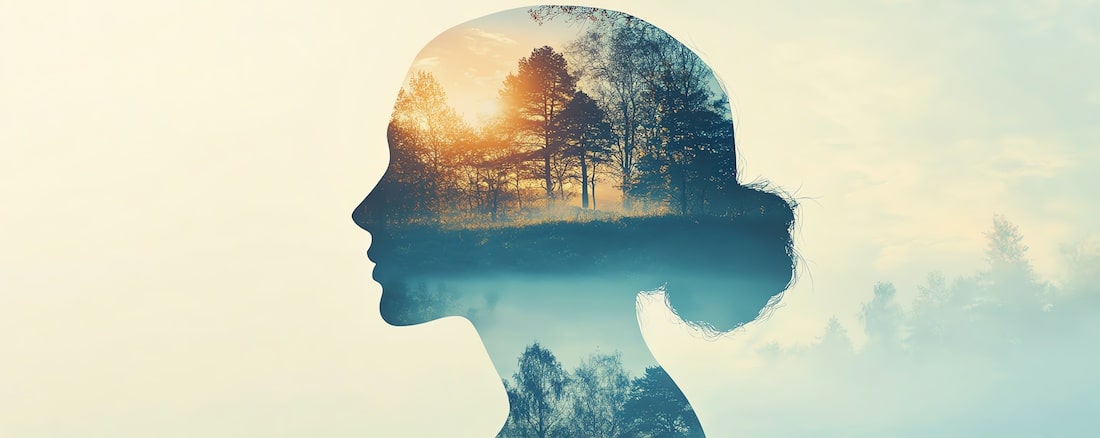Alice Saltzman, Certified Yoga Instructor at Lifeskills South Florida, knows firsthand what it means to take health and fitness seriously and make it a priority in one’s life. “I was a heavy teenager; I was bullied and teased in high school, and as an adult, I made a conscious decision to live a healthier lifestyle through yoga and nutrition. When I discovered yoga it was the first place I discovered within me that I felt completely safe relaxed and calm.” Her goal at Lifeskills South Florida is to take her passion for a healthy lifestyle and help clients learn to implement changes in their lives while in treatment so they can be successful in their overall recovery from mental health and addiction.
Alice began her career in New York City as a social worker and as an actress in television and commercials, ultimately bringing her 11 years of experience as a full-time psychotherapist with her to every yoga class she teaches.
In her class, it’s not all about the pose but about philosophy and mindfulness, and creating positive signals to help calm the brain. Clients come to class with not only varying athletic abilities but also varying diagnoses that Alice must herself be aware of and mindful. Therefore, she follows the Lifeskills overall philosophy of “meeting them where they are at” and beginning at that point towards individual goals.
For example, with many clients at Lifeskills being treated for trauma she has a no-touch policy and will never use her hands on a client to demonstrate how they should be posing. The closing of the eyes during yoga is also difficult for many clients at Lifeskills, especially those being treated for PTSD or trauma, so this is always optional. Just the act of being still can be a challenge for some clients in her class, so Alice will offer an alternative pose or activity. Alice states “The key is to be able to flex as it could be different from day to day.”
Also with yoga instruction in a residential treatment setting, she also must be mindful of the selection of music she plays or the images she asks her clients to visualize, finding it best to remain as neutral and general as possible as not to bring up any negative thoughts or memories. Alice gives an example, “A beach seems to be a safe image for most of us, but we treat a lot of veterans here at Lifeskills. I’ve learned that the image of a beach can mean something completely different to a veteran who has been to war, and so instead I ask them to find their own safe, relaxing place to visualize.”
Alice has owned a restaurant with her husband, and Lifeskills clients are the lucky recipients of not only her cooking skills but also her nutritional expertise. She will sometimes give demonstrations in meal preparation and cooking lessons in the client townhomes, and last year began our tomato and herb garden which the clients have helped maintain. “When clients come to class and tell me they don’t feel well the first thing I ask them is what are you eating? I tell them ‘you are what you eat’ and ask if you’ve been eating your colors: eat something orange, eat something green, eat something that has been alive and growing. Think about what you’re putting in your body!”
Alice is clearly passionate about the work she does at Lifeskills South Florida and says teaching helps her to stay “happy and healthy.” We are grateful to have Alice as part of our team for over years, and we thank her for all she does for clients and staff as well.
To learn more about Lifeskills South Florida’s residential and outpatient treatment programs, please contact us.




